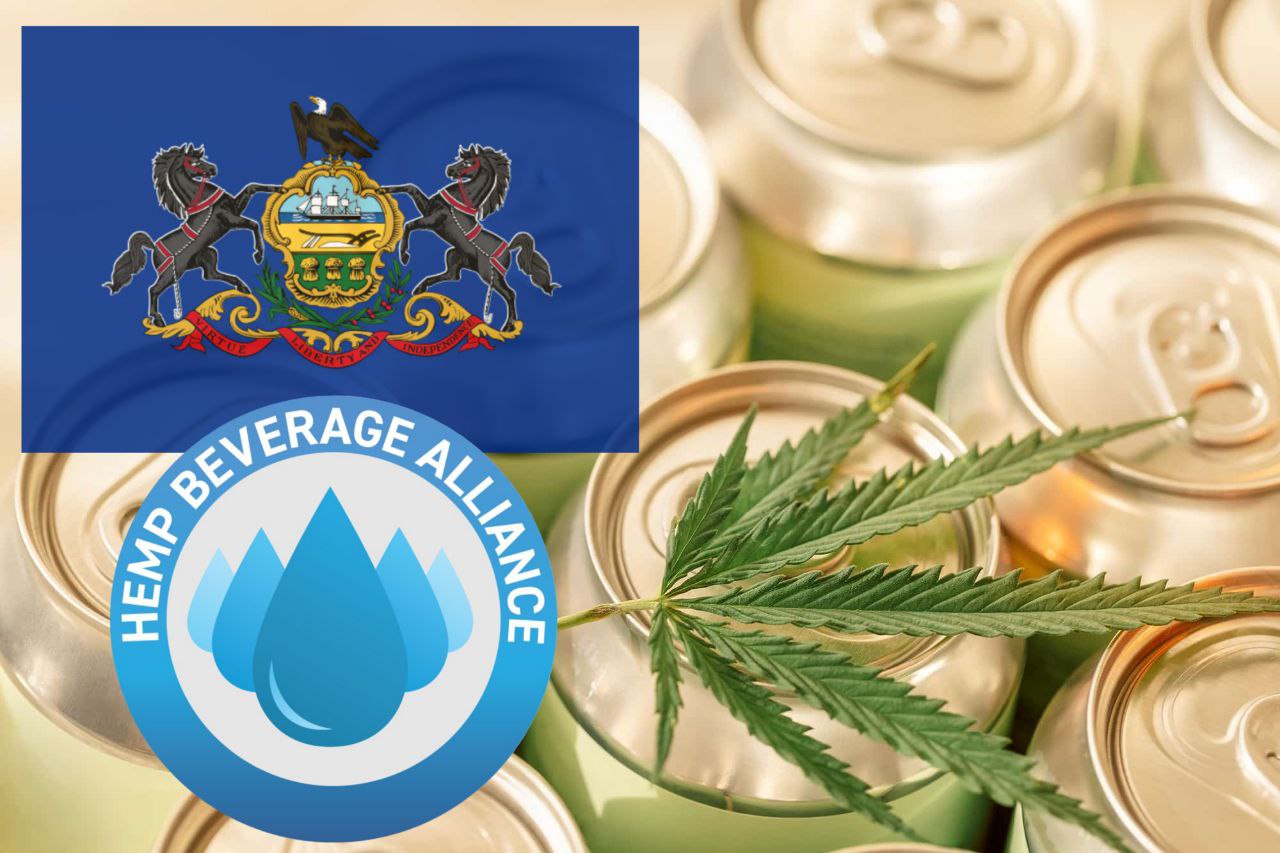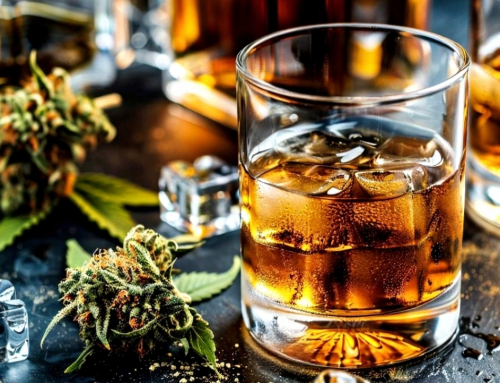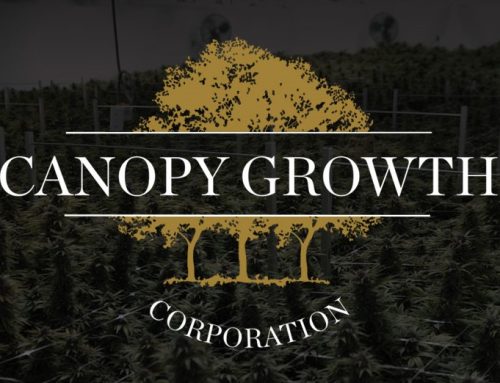HBA Pushes for Regulatory Framework on Hemp-Derived THC Beverages in Pennsylvania
HARRISBURG – The Hemp Beverage Alliance (HBA), a trade group with close to 400 members in the United States, Canada and the United Kingdom, has launched an initiative to set up guidelines for hemp-derived THC beverages in Pennsylvania. The effort comes as state officials grapple with budget pressures and a dip in alcohol sales, while also considering broader steps to allow adult-use Cannabis.
The coalition, which counts producers of seltzers, sodas, mocktails, coffees and teas with added hemp-derived cannabinoids among its ranks, wants clear state standards to ensure product safety and market stability. These drinks typically contain low levels of THC extracted from hemp, staying under the federal limit of 0.3% to remain legal, but the group seeks specific state oversight to address testing, labeling, and sales restrictions.
At the heart of the campaign is a call for measures that safeguard buyers, create employment and bring in fresh taxes. Alliance leaders point out that Pennsylvania’s finances are strained, with shortfalls projected in the coming years, and the beer, wine and spirits industries have seen sales drop as consumers shift toward alternatives like these functional beverages. They argue that a structured system could mirror successes in other states. For instance, Minnesota collected $11.6 million from a 10% tax on such products last year, while Tennessee pulled in more than $11 million at a 6% rate, with forecasts for $17 million this year. Given Pennsylvania’s larger population and economy, revenues could exceed those figures, potentially easing fiscal woes without raising broad taxes.
To advance the initiative, the alliance has retained Jay Wiederhold, a veteran lobbyist from Wanner Associates who spent two decades leading the Pennsylvania Beer Alliance. His role involves rallying support from lawmakers, health experts, police, and alcohol wholesalers. The group backs rules like age limits of 21 and up, strict THC caps per serving, thorough contaminant checks and child-resistant packaging to prevent misuse.
This push aligns with ongoing talks and efforts in Harrisburg about Cannabis. While Governor Josh Shapiro has pushed for legalization in his 2025-26 budget proposals, aiming for it to take effect on July 1, 2025, with sales starting January 1, 2026, and the state House passed a bill (HB 1200) in May 2025 to allow adult purchases through state-run stores, it stalled in the Republican-controlled Senate due to disagreements over the model.
Analysts see potential synergies but also hurdles. Hemp-derived THC beverages, expanding fast, with sales outpacing some traditional drinks, operate in a gray area federally, where the FDA bars adding cannabinoids to food despite the 2018 Farm Bill’s hemp carve-out. States like Pennsylvania already allow sales if products meet hemp standards, but local rules vary, with some towns imposing their own limits on THC items.
If Cannabis laws pass, Pennsylvania could set a model for balancing innovation with oversight. As debates continue, the outcome will likely revolve around on how well stakeholders align economic gains with public safeguards, shaping the future for both hemp and wider Cannabis market in the Keystone State.




































